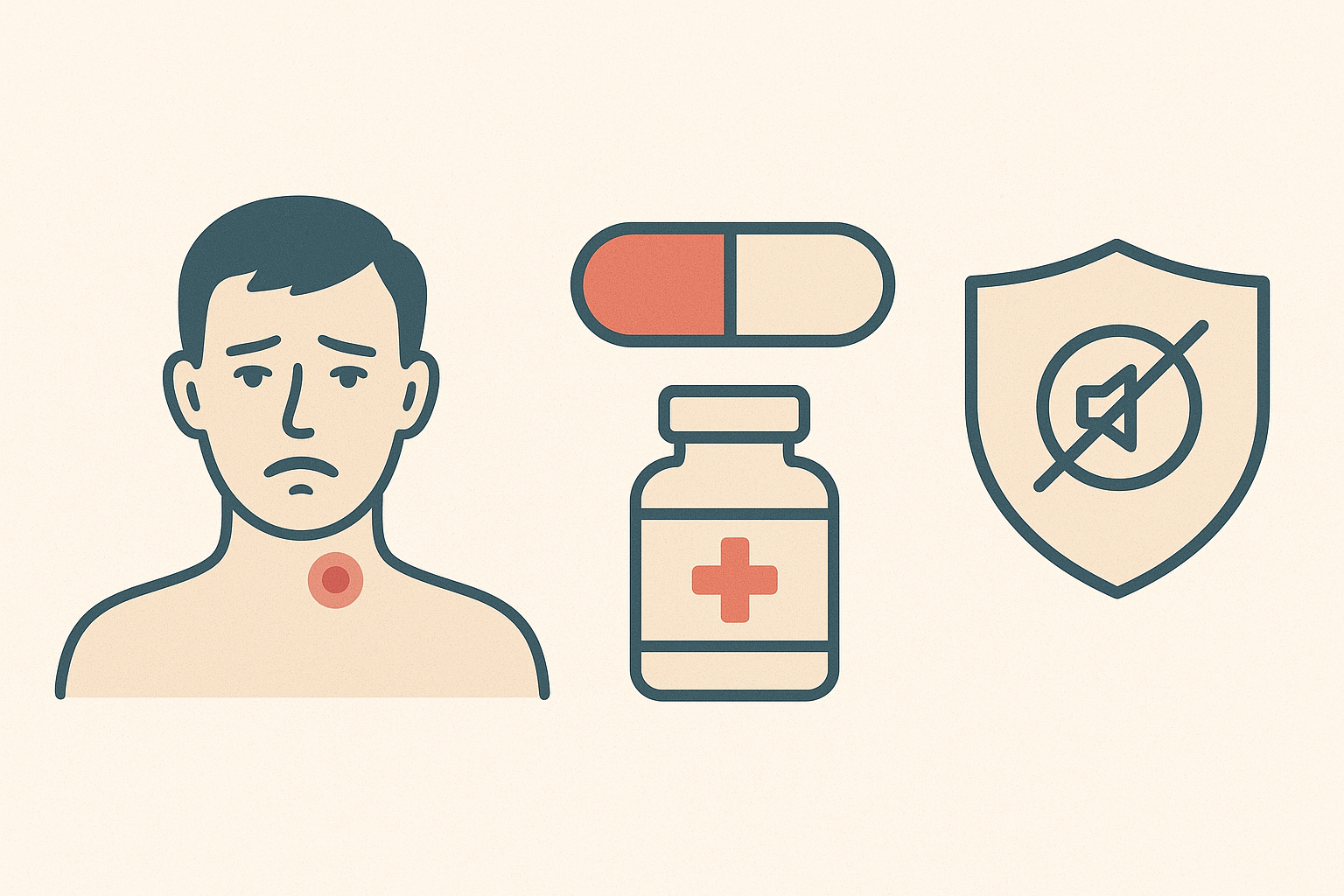
Alcoholism is a serious disease requiring a comprehensive approach to treatment. Modern methods of combating alcohol addiction focus on the individual needs of the patient, combining medical treatment, psychotherapy, and social support. In this article, we review the main programs and methods proven to be highly effective in treating alcoholism.
1. Medication Treatment
Medication can help reduce cravings, minimize withdrawal symptoms, and prevent relapses.
- Medications to reduce alcohol cravings: Drugs like naltrexone and acamprosate help reduce alcohol cravings by affecting the brain’s reward system.
- Medications to induce alcohol intolerance: Disulfiram triggers unpleasant reactions when alcohol is consumed (nausea, headache), creating an aversion to alcohol.
- Detoxification: This process helps the patient safely go through physical withdrawal symptoms by eliminating toxins accumulated due to prolonged alcohol use.
2. Psychotherapy
Psychotherapy is one of the most important elements for successful alcoholism treatment, as it helps patients understand the root causes of their addiction and learn to manage emotions and behaviors.
- Cognitive Behavioral Therapy (CBT): CBT helps patients identify triggers that cause the urge to drink and teaches healthy coping mechanisms for managing stress.
- Motivational Interviewing: This approach strengthens motivation for change. The therapist helps the patient identify personal goals that motivate them to quit alcohol.
- Family Therapy: Interaction with family members positively impacts the recovery process, as it strengthens family support and resolves conflicts that may have contributed to the addiction.
3. Group Therapy and Support Programs
Support from others facing similar challenges is invaluable for patients with alcohol dependence.
- 12-Step Program: This classic rehabilitation program is widely used, especially in Alcoholics Anonymous (AA) groups. It’s based on mutual support and helps participants accept their problem, take responsibility for their lives, and find inner peace.
- Therapeutic Groups: Support groups organized by medical institutions or rehabilitation centers allow patients to discuss their difficulties, share experiences, and support each other during crises.
4. Innovative Treatment Methods
Modern innovations provide new opportunities for treating alcoholism.
- Neurofeedback (biofeedback): This technique allows patients to control their brain activity through specific exercises, helping to strengthen self-control and reduce alcohol cravings.
- Transcranial Magnetic Stimulation (TMS): Using magnetic fields to stimulate areas of the brain associated with addiction can help reduce the urge to drink.
5. Rehabilitation Centers and Inpatient Treatment
For patients with severe addiction, more intensive programs in specialized rehabilitation centers may be necessary. There, they can undergo a full course of therapy, including detoxification, psychotherapy, skill training, and social adaptation.
Conclusion
Modern methods of alcoholism treatment provide a comprehensive approach to patient care and rehabilitation. Combining medication, psychotherapy, and social support greatly increases the chances of long-term recovery. It is essential to create an individualized program for each patient, tailored to their needs and motivation level for change.





